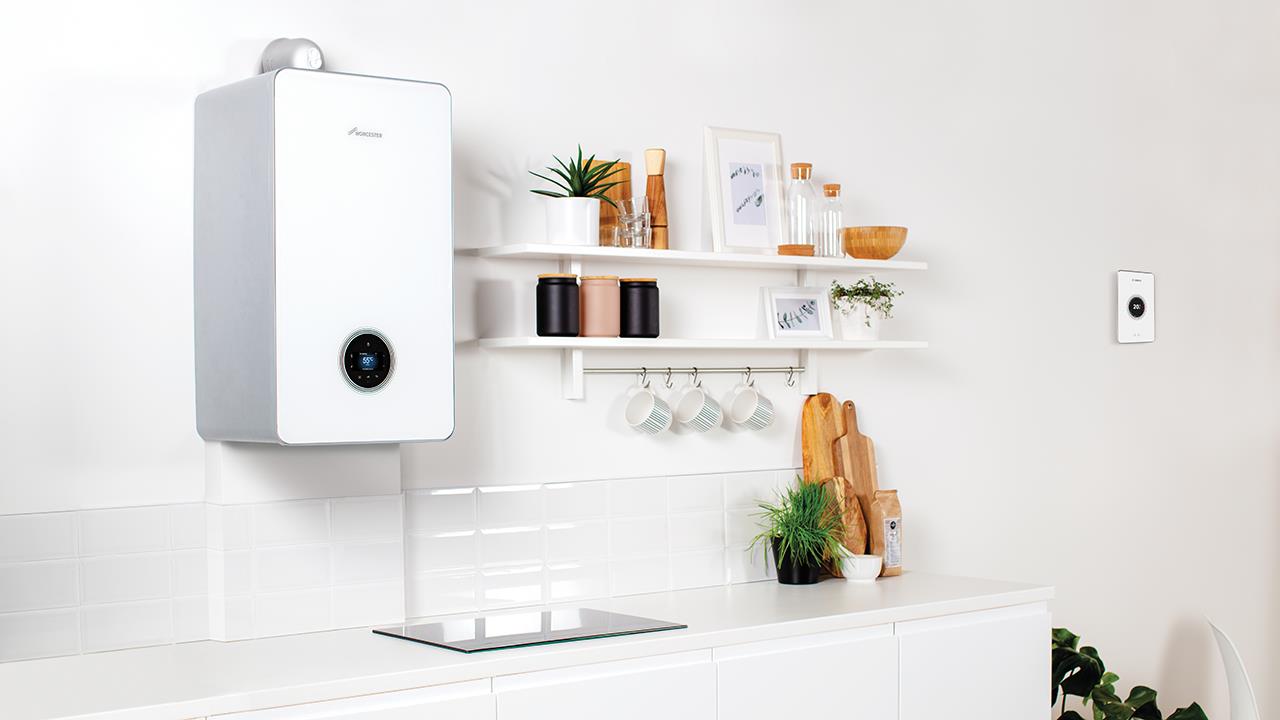

As the cost of living skyrockets for everyone throughout the UK, reducing the cost of heating has become even more important for many.
Thankfully there are a number of ways you can suggest to your customers to boost their home’s efficiency and help them save money on their bills during these difficult times.
High cost calls for change
For years, I have paid a direct debit of £130 per month for my gas and electricity. This is now going up to £400 per month and, sadly, such steep increases are not unusual.
Without question, all of us will be spending more to keep our homes warm, and should, where possible, consider investing into more efficient heating systems.
To a degree, this high cost of energy is likely what has driven heating system efficiency drives to prominence in other European countries, such as Germany, where gas has historically been a lot more expensive than in the UK.
As a consequence, Germans have generally, for years, invested a lot more time and money in their heating system. This is a long term money saver; something one is forced to recognise when average prices skyrocket as they currently are doing.
Thus, a similar outlook may be starting to arise in the UK where gas bills are becoming so high that it is almost undeniable that it is in everyone’s interest to improve the heating system they already have
But what can installers suggest to homeowners to achieve this?
Condensing all the way
If your customer has a non-condensing boiler, you are in luck. A non-condensing boiler would be at least 17 years old by now and should simply be replaced with a high efficiency condensing boiler.
If the customer does have a condensing boiler, you won’t improve much upon this in terms of the product itself, unless it is failing or regularly breaking down.
You can, however, add accessories and take certain actions to maximise efficiency.
Controls
When it comes to boosting a boiler’s efficiency, controls should always come first.
Recommend your customers install Thermostatic Radiator Valves (TRVs) on every radiator in the house.
If possible, make them smart TRVs that connect to a controller to allow zoning, operating each room individually. This in itself will pay off quite quickly.
Indeed, the average saving for a system with TRVs against one without is around 18%, and can be higher depending on the home size.
This is a quick payback for the cost of the controls. For example, imagine your annual energy bill is £2,000; a saving of 18% is quite substantial. With this in mind, I would always recommend smart TRVs, where possible.
Maintenance and service
If a customer already has smart controls, or is not looking to install them, there are other ways to increase their boiler’s efficiency, such as the flushing and cleansing of the system. This may sound obvious and indeed should happen as routine, but the difference between an unclean system and a clean one can be notable, so it’s worth remembering.
Installers should absolutely take a sample of the system water, see how dirty or clean it is, and flush-cleanse the system if required.
Above all, annual service
Finally, homeowners can often forget the importance of the boiler maintenance Golden Rule – service the boiler annually.
Try to recommend this as an obvious way to maintain the combustion efficiency of the boiler, as well as ensure its longevity. Avoiding the annual service can also make certain boiler warranties void, so it is a really important process to promote.
Overall, I highly recommend incorporating all of the above into your communication with your customers over the coming weeks and beyond, when they may be looking for ways to reduce the impact of their soaring bills.
If you'd like to keep up-to-date with the latest developments in the heating and plumbing industry, why not subscribe to our weekly newsletters? Just click the button below and you can ensure all the latest industry news and new product information lands in your inbox every week.